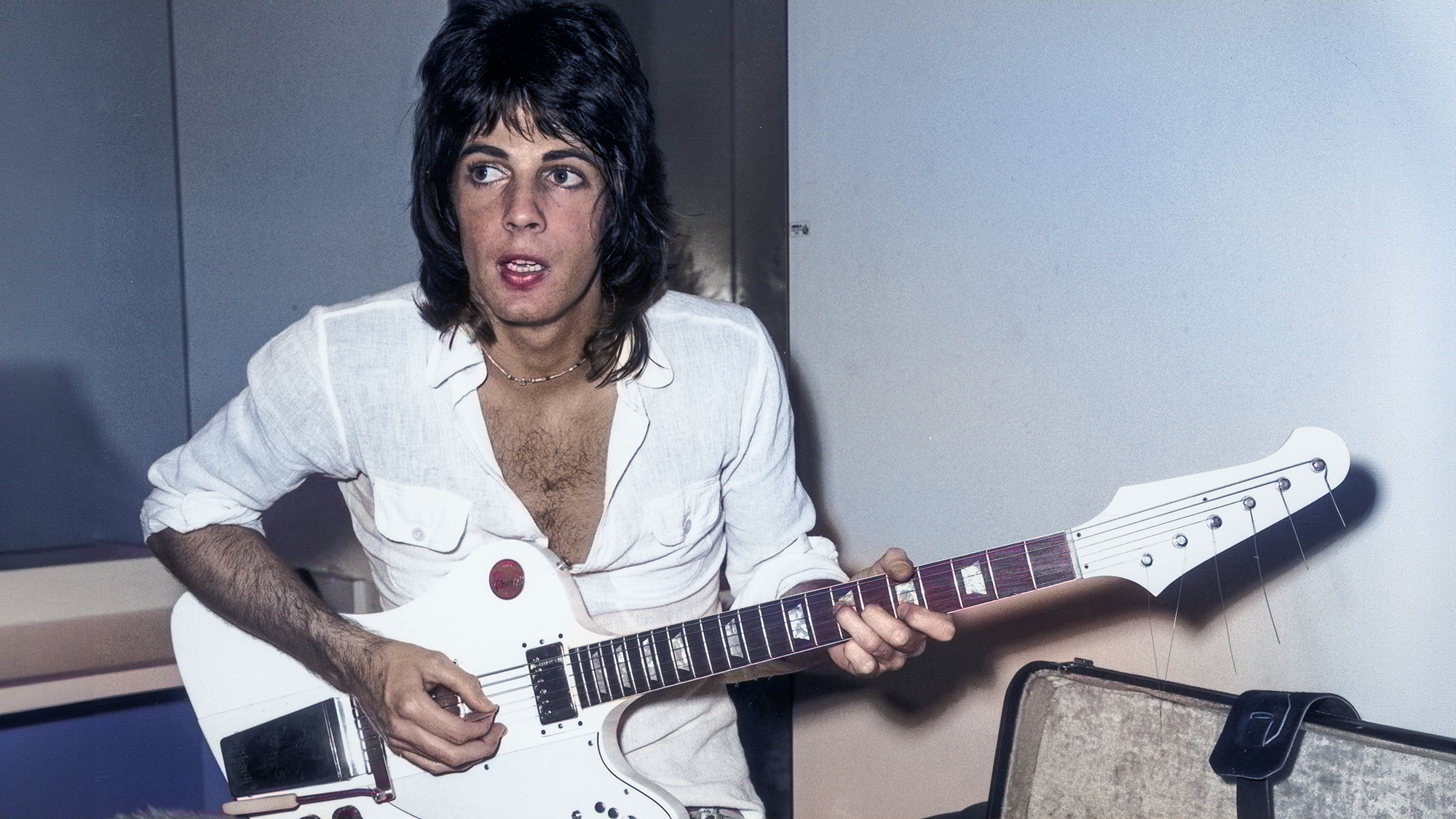"Ozzy would say, ‘Bob and I get on like a house on fire. The fire brigade’s just left!’” Ozzy Osbourne’s first two albums created an empire. His former right-hand man reflects on the singer’s greatest decade
From assisting with band lineups to writing and producing, Bob Daisley was a key part of the singer’s first solo era
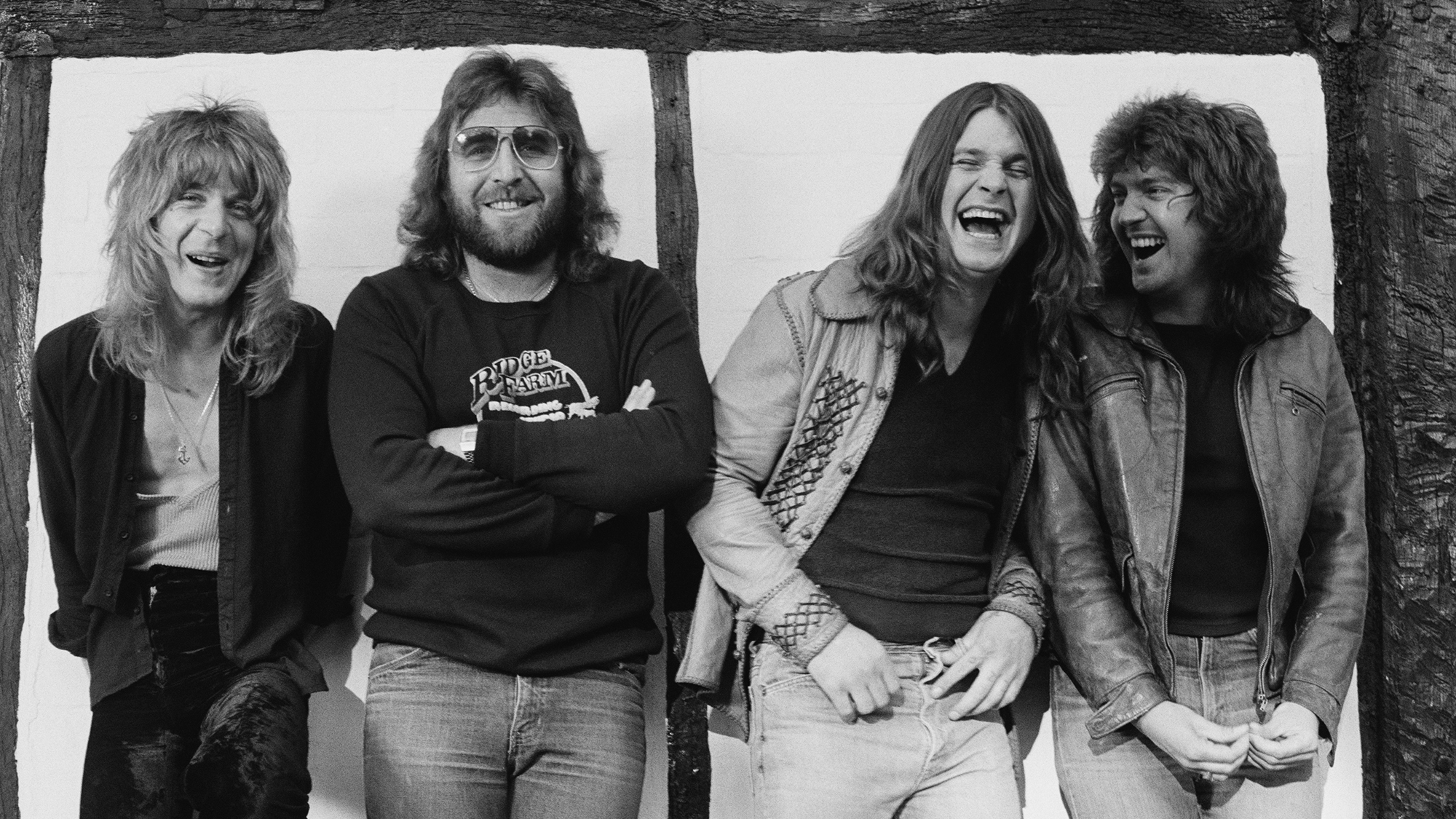
Bob Daisley was an emotional and musical pillar for Ozzy Osbourne after the singer was fired from Black Sabbath in 1979. It was Daisley who helped Ozzy put together the band that appeared on his debut solo album, Blizzard of Ozz, and who stuck by him through the 1980s, even after he was fired.
Now, after Ozzy’s passing on July 22, 2025, the bass guitarist is the last man standing from the Blizzard of Ozz days.
“It just felt like it was all meant to happen,” Daisley tells Guitar Player while reflecting on his initial meeting with Ozzy.
Whether it was divine or happenstance, there’s no denying the watershed impact of Daisley on Ozzy’s music. Albums like Blizzard of Ozz and its followup, Diary of a Madman — both of which were recorded by Randy Rhoads on electric and acoustic guitar, Lee Kerslake on drums, along with Ozzy and Daisley — are proof of that.
Daisley likens the foursome’s chemistry and subsequent music to a “good pudding.”
“It was a special relationship. It didn’t need forcing or consciously making an effort. It was a real, comfortable, natural process. All of that came out in the music we did because personality-wise, we got on like a house on fire.”
What’s more, he says, those records “set up the empire for everything that came thereafter.”
All the latest guitar news, interviews, lessons, reviews, deals and more, direct to your inbox!
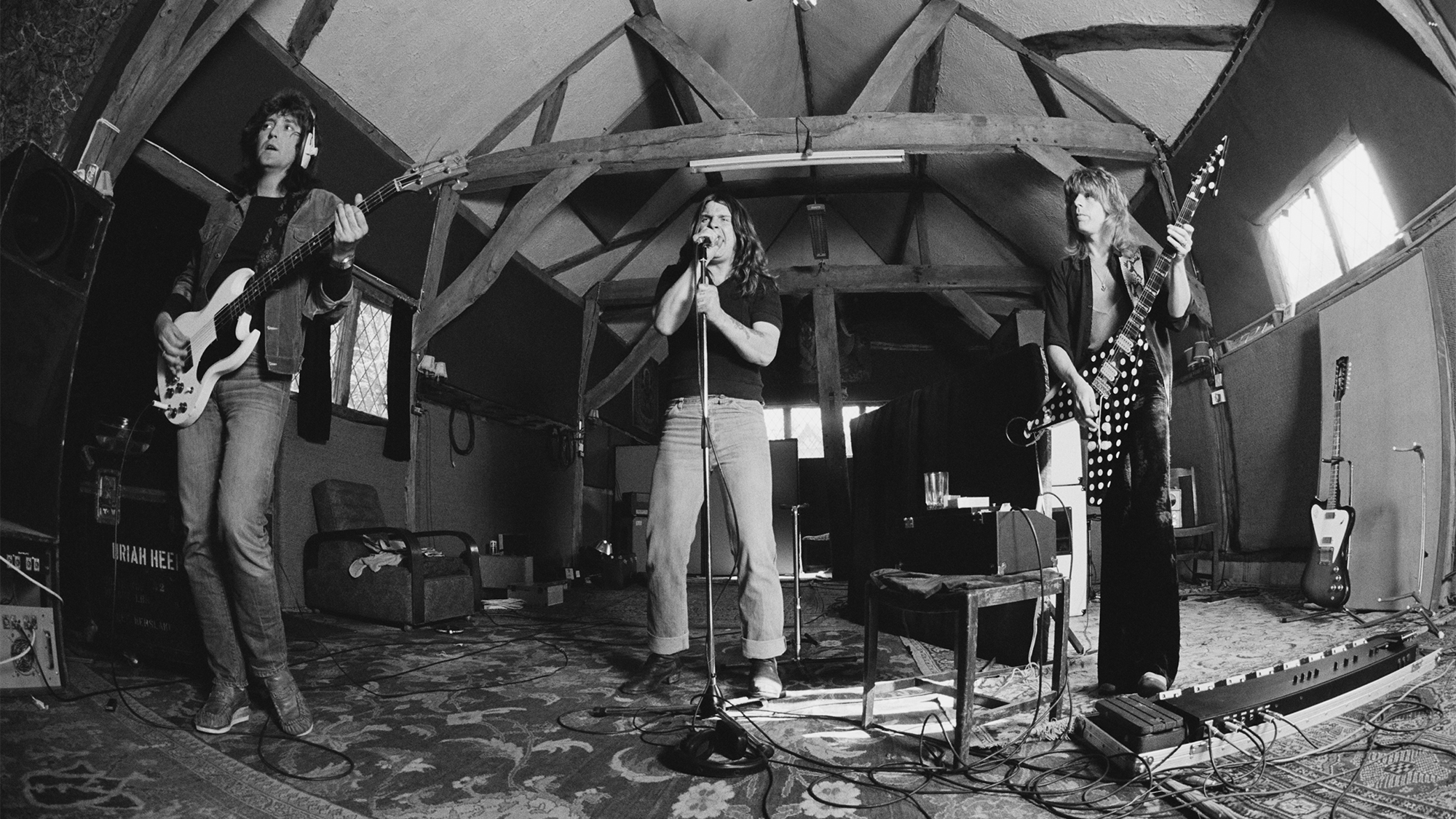
Although Ozzy and his wife/manager, Sharon, fired Daisley, along with Kerslake, in the early 1980s, Daisley was repeatedly asked back in some form or another. As Ozzy carried on with different bands and guitarists — including Jake E. Lee and Zakk Wylde — he was the linchpin, as a bassist and/or songwriter, for albums such as Bark at the Moon, The Ultimate Sin, No Rest for the Wicked, and No More Tears.
Then came the fallout. What followed was nasty litigation, years of legal battles over songwriting credits, and legions of confused and heartbroken fans.
But more importantly, a friendship and musical partnership died.
“I always had the idea or hoped for a possible reconciliation or getting back together or doing something together before the end,” Daisley admits.
“But it wasn’t to be,” he sighs. “I know that over the years, what we have done has become more and more iconic as time has gone on. So the fact that we did stuff that will outlive both of our bodies — all of our bodies — means a lot to me.
“The most important thing that we left behind is the legacy — the music, what we gave people, how many people we reached, and the positive effect that it has on millions of people.”
I imagine Ozzy’s death was jarring. It must have brought up a lot of feelings for you.
Well, it sure does. It brings up a lot of past memories and thoughts, and nostalgia. It brought me to tears the day that I found out because Ozzy and I had done so much together. It was with various lineups, the ones with Randy and Lee. And then with Jake, and Zakk and other people throughout.
Many people felt you should have been a part of the Back to the Beginning show.
Yeah, but I didn’t expect to be. I didn’t expect to be mentioned at the induction at the Rock and Roll Hall of Fame, and I didn’t expect to be invited to Back to the Beginning. It was sort of a given, you know: “Well, that’s not going to happen.” Even if I had been invited to the Birmingham show, I probably wouldn’t have gone. I’m in Sydney, Australia, and it’s just an awfully long flight. And I don’t know… it’s probably just been too long.
I’m really pleased, actually, that I felt sad. I didn’t feel bitter or angry about anything that had gone on.”
— Bob Daisley
It goes without saying that there’s been a lot of nasty litigation between you and Ozzy’s came over the years. But can you remember the last civil interaction you two had?
I remember it well. It was in Sydney, Australia, not long after I came out here myself. He was here with Sharon, and they were staying at a hotel down at Circular Quay, near the Opera House. I went to see him there.
We just sat and chatted. I think he was just here doing some sort of promo thing, or something. I didn’t see Sharon that night; she was in the room. Ozzy and I just sat in the hotel lobby, drank tea and chatted. It was pleasant. It was nice. It was friendly. Even then, we were talking about old times.
You were able to put aside the negative things. Are you able to do that now that Ozzy has died?
I don’t know… it’s a bittersweet thing. There was a lot of stuff that need not have happened. And there’s a lot of stuff that happened that did leave a bad taste.
I didn’t know how I was going to react when [Ozzy’s death] did happen. We knew it was on the way. We’d been warned. There’d been stuff in the press.
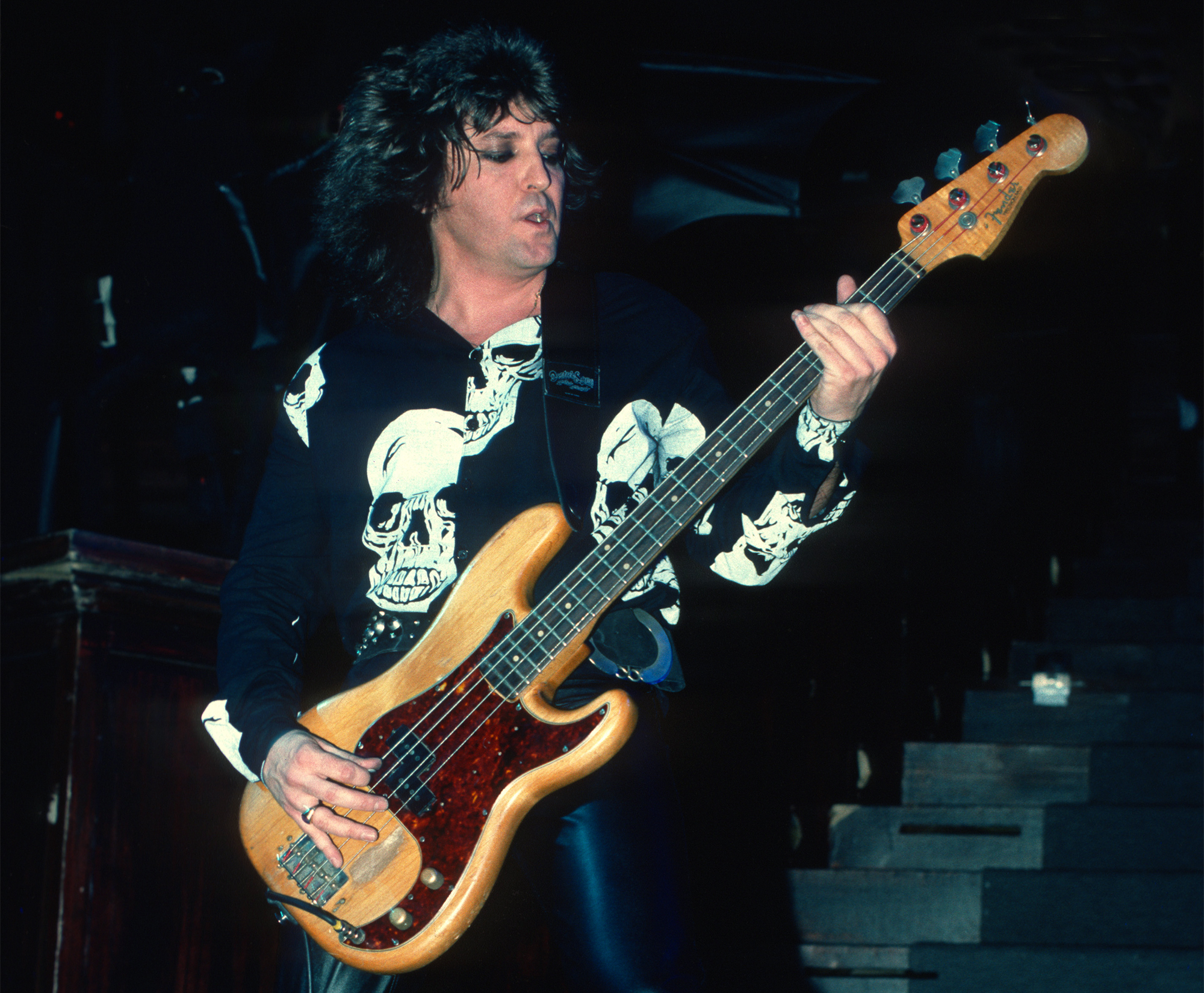
What was your reaction to the news that Ozzy died?
Well, I’m really pleased, actually, that I felt sad. I didn’t feel bitter or angry about anything that had gone on. The only thing that surfaced in my mind was all the good times: the fun, the jokes, the humor, the laughter, and all the creativity that we had together over the years, and the many albums. That’s the main thing I’m focusing on because that’s what’s heartfelt for me.
When we look at Ozzy’s career, as far as bass players go, a common thread is that he always seemed to go back to yourself and Geezer Butler. What was the secret sauce between you and Ozzy dating back to when you first hooked up in 1979?
I think it was just a chemistry and a personality thing. I’d just come out of Rainbow, and he’d just come out of Sabbath. He said, “I’m putting a band together, would you be interested?” I said, “Yeah, sure.” And as soon as we met up at his house, we knew straight away that this was going to work.
We both could just feel it. It was an energy thing. Ozzy would say, “Oh, Bob and I get on like a house on fire. The fire brigade’s just left!” That’s what his words were, and that’s how it was.
You also helped put together the Blizzard of Ozz band — and that was actually the band’s name at the time.
He didn’t have Randy at first; he had two other guys — a guitarist and a drummer. I said to him, “They’re nice guys, good players, but I don’t think they’re world-class.” And Ozzy told me about Randy then, and I said, “Well, let’s get him over.” That was when we decided to form the band with Randy.
As soon as Ozzy, Randy and I started writing songs together, it felt like it was fate.”
— Bob Daisley
Was your chemistry with Randy immediate?
As soon as Ozzy, Randy and I started writing songs together and auditioning drummers, it felt like it was fate. And as soon as Randy and I played together, it was the same thing. We said to each other after about 20 minutes of playing together — and we said it almost simultaneously — “I like your playing!”
A common misconception is that the genesis of Blizzard of Ozz and Diary of a Madman came from Ozzy and Randy alone. But you wrote those lyrics, the bass licks, of course, and had a huge hand in the arrangements.
Yeah, I didn’t just write lyrics. Randy and I used to sit on a chair opposite each other and work out all the music together. So it was the two of us doing that, working music out.
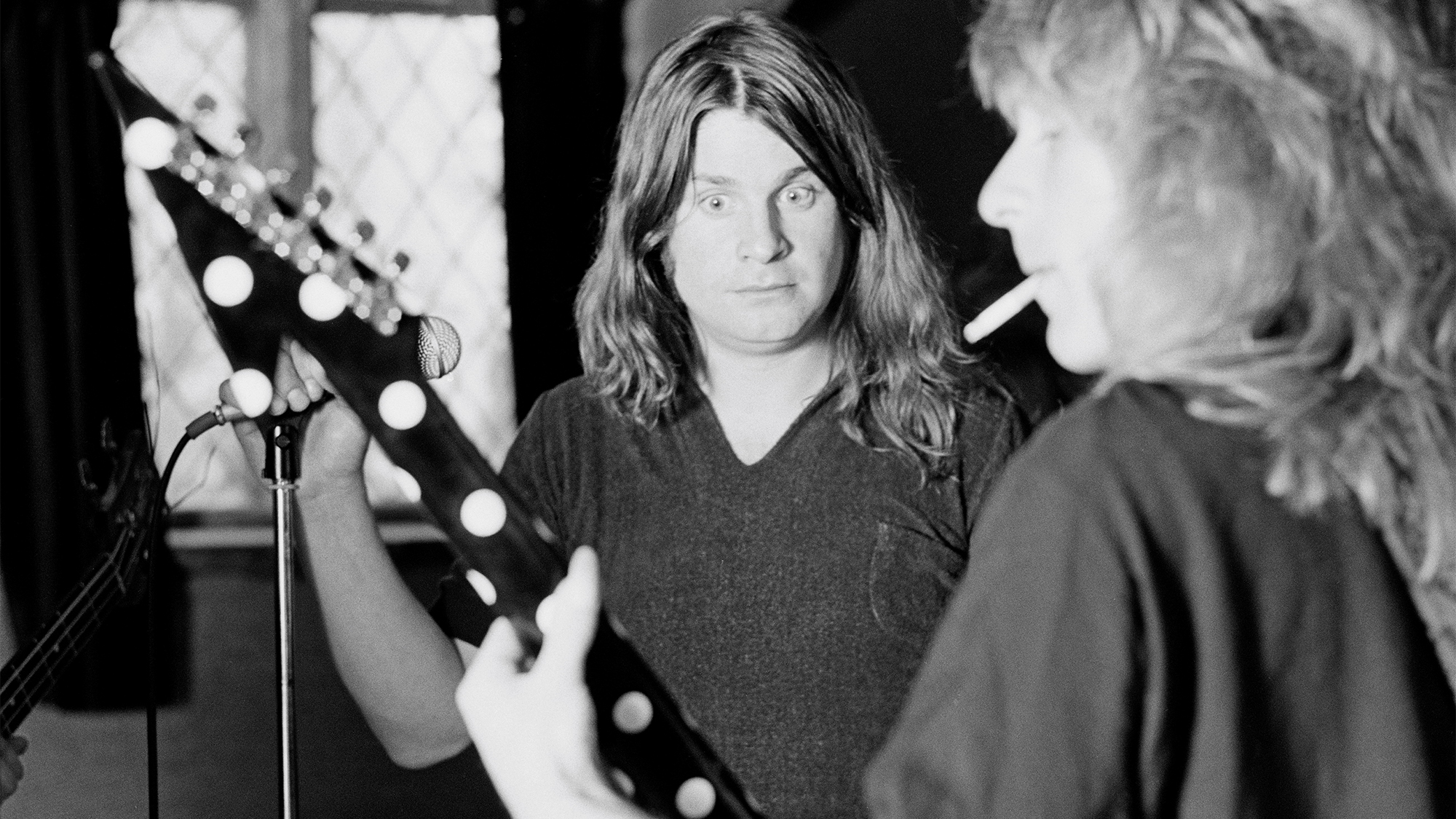
And to be clear, I don’t want to diminish Ozzy’s contribution.
Oh, Ozzy’s vocal melodies were integral. They were very important and very good. With all the music, he sang melodies over it, and then, I’d write lyrics to his melodies and phrasing. So that’s how it all came about. And of course, the puzzle was completed after Lee came along on drums.
Without any one of us, I don’t think it would have worked as well as it did. And the proof is in the pudding, and the proof of the pudding is in the eating, and that pudding is a good pudding. [laughs] I think with any other different ingredients, it wouldn’t have had the same flavor. It did take the four of us together.
What was it like for you, Ozzy and Randy when you were just hanging out?
We didn’t have to try. It was just natural. We got on very well together. But Ozzy was going through a dark patch because he was still reeling from the effects of being out of Black Sabbath. And it did get to him.
Quite often, he would go into sort of dark places. So we were always trying to keep him up in spirit.
But Ozzy had such a great sense of humor. And he and I had a similar sense of humor, so there was no effort, really. It wasn’t a conscious effort of, “Let’s have fun.” It was just natural. It was as much about the fun and humor and clowning as it was about the music and the creating. And I think a lot of that stuff came through in the music. I think that’s what attracts people and what they feel, too.
You make a good point about Ozzy’s mental state after being fired from Sabbath. I think it’s taken for granted how traumatic that was, probably because Ozzy had success relatively quickly as a solo artist. With that success, did you notice his spirits and confidence start to lift?
At first, he was quite down. The way he described it was that it was like going through a divorce. So he was very affected by that departure from Sabbath. And I did make a conscious effort to get him out jogging, to not drink during the day, and to try and get serious about putting a band and the music together.
I did try to keep his spirits up, and I think I succeeded. But it wasn’t easy. He was unsure of himself, and I suppose he had lost a certain amount of confidence.”
— Bob Daisley
Was he hard to keep on track at first?
Because we were still auditioning drummers, some days were sort of non-productive because of the situation. But eventually I got through to Ozzy. I’d take him out jogging with me, we’d go out for meals together, and we’d go out for walks, or whatever.
I did try to keep his spirits up, and I think I succeeded. But it wasn’t easy. He was unsure of himself, and I suppose he had lost a certain amount of confidence having been fired from Black Sabbath. He did need reassuring, and Randy and I did plenty of that. It helped a lot, I’d say.
One has to wonder where Ozzy would have been without you then.
Well, that’s it: Where would it have gone? You see, you’ve got to consider the musical climate of those times in 1979. I was being warned against working with Ozzy because he didn’t have a good reputation.
Why did you ignore those warnings?
I just knew in my heart of hearts that I had to do it. And we didn’t think, “How can we make records that are going to get airplay? How can we have a hit album?” We just went in and were ourselves. We did what we did, hoped for the best, hoped people liked it, and it went well.
Your bond with Ozzy continued after Randy’s death. Was the vibe very different while working on Bark at the Moon with Jake E. Lee?
I thought Jake did a very, very good, admirable job of playing those songs live, making them his own and doing his version of them.
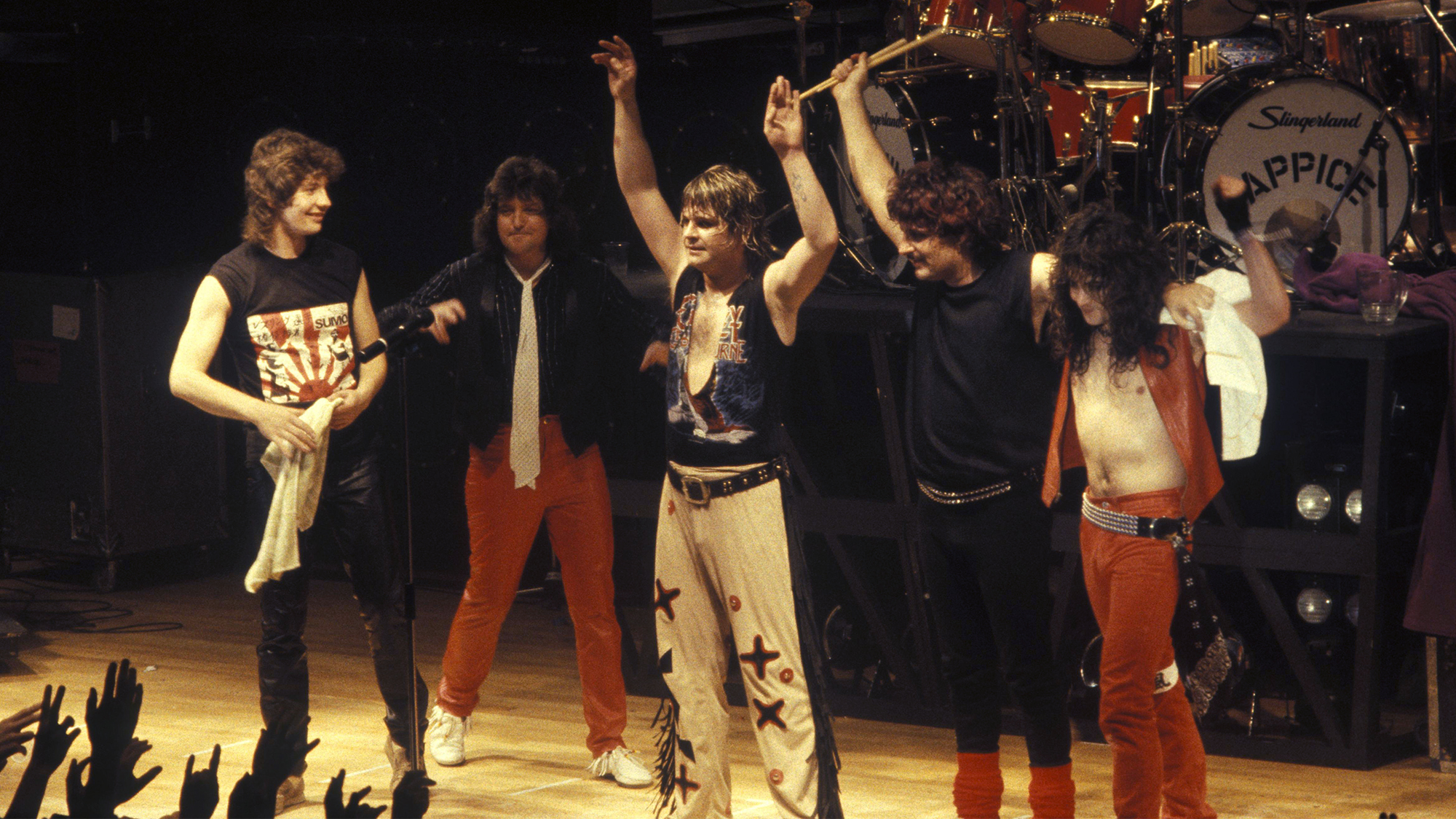
Trying to copy Randy would have been a fool’s game.
Right. He wasn’t copying Randy note for note. He still made the songs obviously recognizable, but with his flavor and style.
And I thought Jake had great ideas for songs when he came in, too. He and I got together in New York, where we were for a month or so, before we went back to London, while writing the Bark at the Moon album.
But in New York, I remember being in Jake’s hotel room at the end of the thing, and Ozzy and the tour manager were there, and I said to Jake, “You’re doing well. You’ve got really good ideas. This is going to be great.” And Jake said to me, “Yeah, but you turn the ideas into songs.” I thought, Great. That’s nice of you to say.
One day, Ozzy came into one of the rehearsals while Jake and I were working out our parts. Ozzy looked at me and said, “You know, I’d forgotten how much you did toward writing the songs.” How quickly he could forget that, I don’t know. But that’s what he said.
So I had a reputation of not only writing the lyrics but putting the songs together musically, no matter what guitarist it was — Randy, Jake or Zakk.
You’ve made a point over the years that the Blizzard of Ozz was to be a proper band, not just a group of backing players for Ozzy. It ultimately wasn’t marketed that way, which has led people to have an unclear vision of that music’s original intent. So what do you want people to understand about what you created with Ozzy?
What I want people to understand is, yes, it was a band. It was four integral ingredients of Randy, Lee, myself and Ozzy. And it wouldn’t have been the same without any one of us. It was a band called the Blizzard of Ozz.
It was meant to continue as the Blizzard of Ozz, but Ozzy and Sharon started pulling me aside, saying, “Let’s get rid of Lee.” I wouldn’t agree, and I said, “Why are you trying to fix something that’s not broken?” Lee worked perfectly.
But they kept asking, and I kept refusing. Eventually, they got rid of both of us. But then, I was asked back six weeks later to a third album, which was shelved after Randy died, but eventually did happen with Bark at the Moon, and with Jake. But that’s it, really. A lot of the magic came from me and Ozzy just being together.
A lot of the magic came from me and Ozzy just being together.”
— Bob Daisley
In your eyes, what is the legacy of Ozzy’s first two post-Sabbath albums, with you, Randy and Lee?
The Blizzard of Ozz and Diary of a Madman albums, I think, set up the empire for everything that came after. They’re the foundation that everything was to be built on because they were such classic albums. And it was a classic lineup, not something that was contrived or put together on paper. It just happened. We met up, the magic was there, it happened, and it kept on happening.
You mentioned that despite the ugliness between you and Ozzy, you were pleased to feel sadness after he died. Is your memory of him forever reframed toward the positive now that he’s gone?
Oh, it was natural. What came to me felt very real, and I felt natural to where I felt great sadness, nostalgia, nice memories and feelings of what we created together, what it meant, and how big it was. At the time, it was sort of like being in the eye of a hurricane, where you don’t really notice the importance of it all when it’s going on.
And then, later, when it’s all over, and people start dying — you know, Randy’s gone, Lee’s gone, and now, Ozzy’s gone — I’m the last man standing. It feels really, really strange and weird.
But I feel honored and glad to have been a part of all that. I know that it was important and integral. There was some dirty water that went under the bridge, but that pales against what we actually did, and the importance of what we did together. Now it’s the good feelings that take precedence.
Andrew Daly is an iced-coffee-addicted, oddball Telecaster-playing, alfredo pasta-loving journalist from Long Island, NY, who, in addition to being a contributing writer for Guitar World, scribes for Rock Candy, Bass Player, Total Guitar, and Classic Rock History. Andrew has interviewed favorites like Ace Frehley, Johnny Marr, Vito Bratta, Bruce Kulick, Joe Perry, Brad Whitford, Rich Robinson, and Paul Stanley, while his all-time favorite (rhythm player), Keith Richards, continues to elude him.
